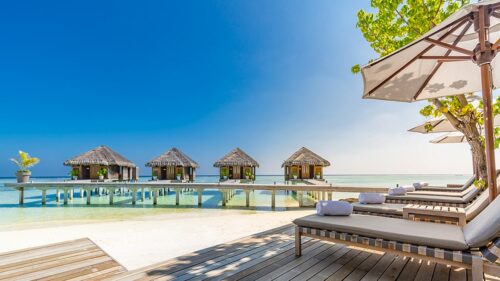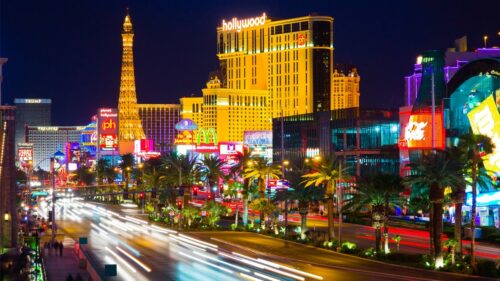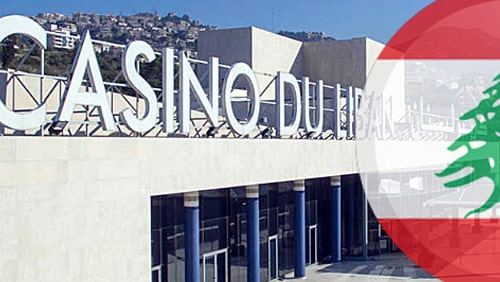Lots of different kinds of gambling firms want to get in to the Latin American market, but each face their own unique challenges. One particularly lucrative market for the football-mad continent is sportsbook, so on the sidelines of the SBC Digital Summit Latin America conference, our Becky Liggero Fontana spoke with Domenico Mazzola, Commercial Director for Altenar, who has very relevant experience on the subject.
Mazzola began by explaining exactly what it is his company does. “Altenar is providing a fully managed sportsbook solution in different countries, but we are focused on Europe and South America,” he said. “If you ask me about South America, I would name just a couple of operators that we have there, which one of them is probably, if not the biggest, second largest in Colombia, Wplay.co that is using our sportsbook. We have an operation, Playdoit.mx in Mexico. We do have already a couple of operations as well in Peru, Nicaragua, soon we will launch another one in Ecuador, we have a project running in Jamaica, and we do have some traffic as well through some partners in Brazil and other South American countries.”
While LATAM mostly shares the same language, localization is still very important. “It’s a really tough challenge for a sportsbook provider to manage to adopt its solution to different countries because, you know, most of the people believe that when you discuss about LATAM, they have indeed in their mind about only one region, or even one country sometimes,” Mazzola said. “But unfortunately, or fortunately, it’s not like that because you have people speak in different languages, because if you compare Colombians with the Brazilians, they speak a different language, and then you have, let’s say people having different behaviors, having different approaches to the business, so it is really a nice challenge to have with the possibility to, let’s say adapt your solution to all their requirements, all their needs. And we managed, I would say pretty well because we had and we still have now the size to support tier 1 operators, and on the other side, having the flexibility to adapt and to adjust our solution to what is required in terms of sportsbook offering, in terms of sports product, to a specific region. And I will add on top of that, if you allow me to do so, that it’s not only about the market, it’s about a specific need of a specific operator, because you can have different operators in the same region and they can have different requirements, because maybe one is more focused on the online operation rather than having another one that is more focused on the land-based operation.”
[youtube https://www.youtube.com/watch?v=ZO4EgE31TRE?feature=oembed]












